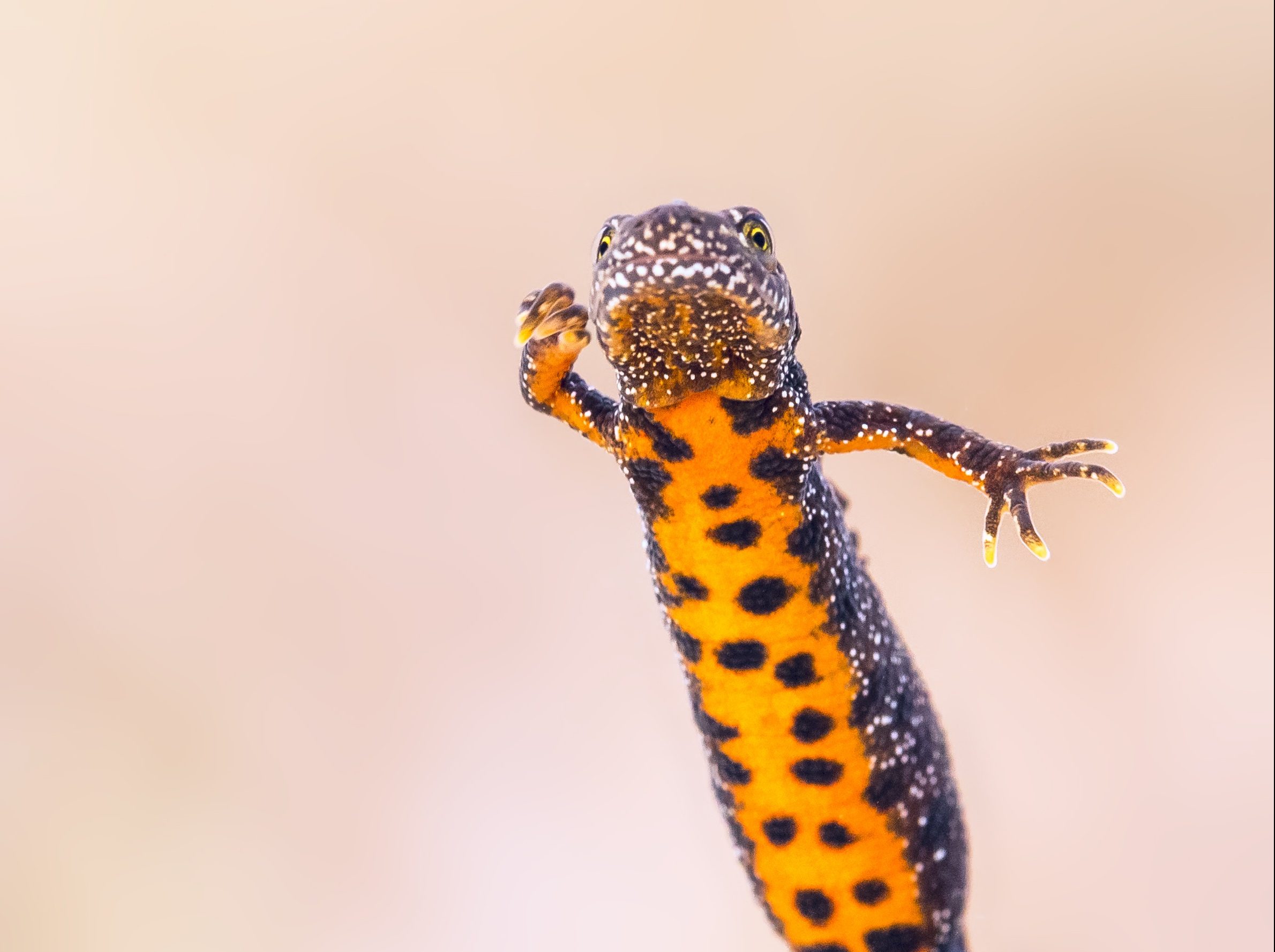CIEEM Autumn Conference 2020 – JPR Environmental breakout sessions
JPR Environmental became a sponsor of CIEEM’s Autumn Conference in 2018 and we are proud to continue to support the work that CIEEM does. Not only did we sponsor the conference this year, but we also work with a number of CIEEM members including ecologists and planning officers. In 2018 JPR were just a sponsor, in 2019 we hosted a workshop on District Level Licencing and in 2020 we hosted three breakout sessions as part of the “virtual” Autumn Conference. In 2021 we look forward to supporting CIEEM again in what will be a special year for us when we celebrate our 21st anniversary of being in business and providing environmental contracting services for clients throughout the UK
The breakout sessions proved to be popular; below you will find a brief description of each plus links for further information and a live recording.
The first one was on the plans to reach carbon neutral that Stroud District Council have drafted with a target date of 2030. The session had people from around the country including freelance ecologists, ecologists advising Councils as well as developers. People were interested in Stroud’s ambitious plans and it was fascinating to hear the different approaches from across the UK and how local councils are trying to tackle the climate emergency. As a company, JPR have been inspired by Stroud District Council and we are going to develop our own plans to go carbon neutral within the next few years.
For further information on the carbon neutral plans from Stroud District Council please click here. We have also worked on a hugely successful flood control plan using rural sustainable drainage methods in the Horsley valley in Stroud; you can watch the short video on the project by following this link.
The second breakout session was on a subject close to our hearts: great crested newt mitigation. As a company, we have installed many 1,000s of kilometres of newt fencing, cleared many 100s of hectares of vegetation and created a good few ponds, all to help mitigate against the impact of development on sites where newts are present. The discussion, which included ecologists and contractors, moved quickly onto the topic of District Level Licensing and how the new scheme is working on the ground. The jury still seemed to be out on whether DLL is going to completely take over from more traditional methods of newt mitigation. Because of the large level of interest in the subject, we want to revisit the topic again in 2021.
For further information on DLL and great crested newt mitigation please click here.
On the subject of revisiting topics, the third session was on Biodiversity Net Gain and some of the people who had attended previous sessions turned up to this one as well. BNG will be introduced as a statutory requirement to create a 10% net gain in biodiversity for any impact that developments have on the environment. This will be made part of the Environment Bill when it is finally passed into law with the BNG element just about to enter its third reading. Some of those on the discussion already had some experience of schemes operating around the country, usually where the net gain was being created off site. It is still unclear as to how this scheme will be introduced and how it will be operated but JPR are aiming to be at the forefront of any future implementation.
For further information and a link to the recording of this breakout session please click here.
CIEEM is grateful to JPR Environmental for sponsoring the CIEEM Autumn Conference 2020.
Blog posts on the CIEEM website are the views and opinions of the author(s) credited. They do not necessarily represent the views or position of CIEEM. The CIEEM blog is intended to be a space in which we publish thought-provoking and discussion-stimulating articles. If you’d like to write a blog sharing your own experiences or views, we’d love to hear from you at JasonReeves@cieem.net.
